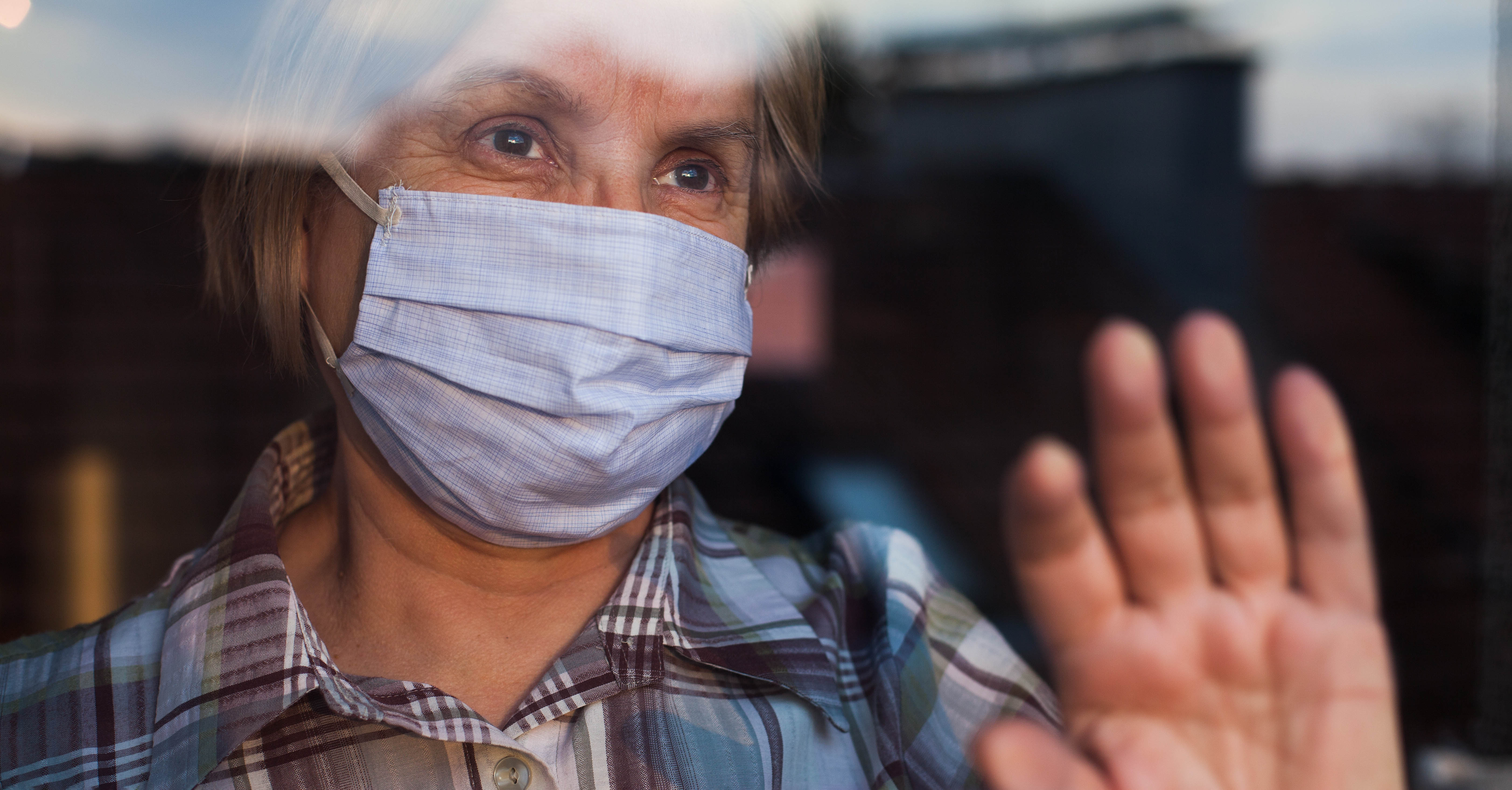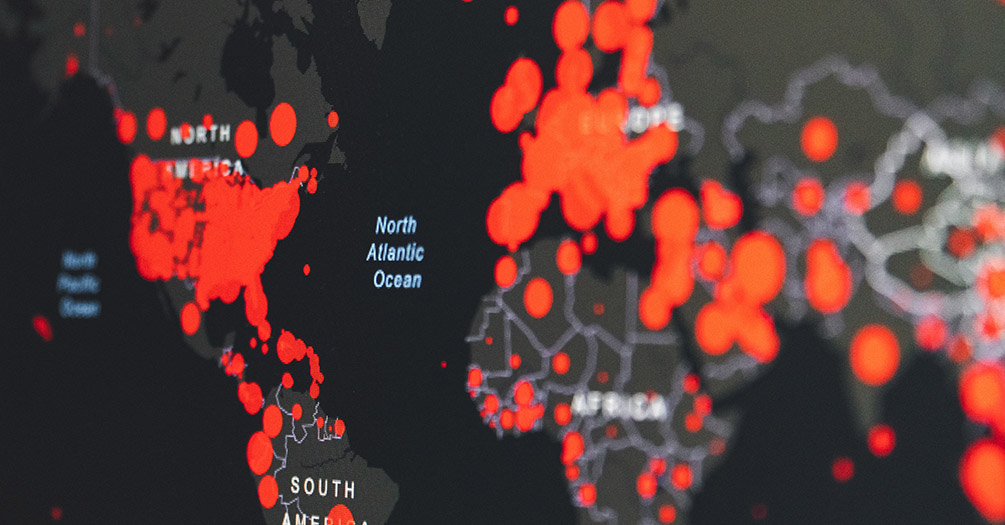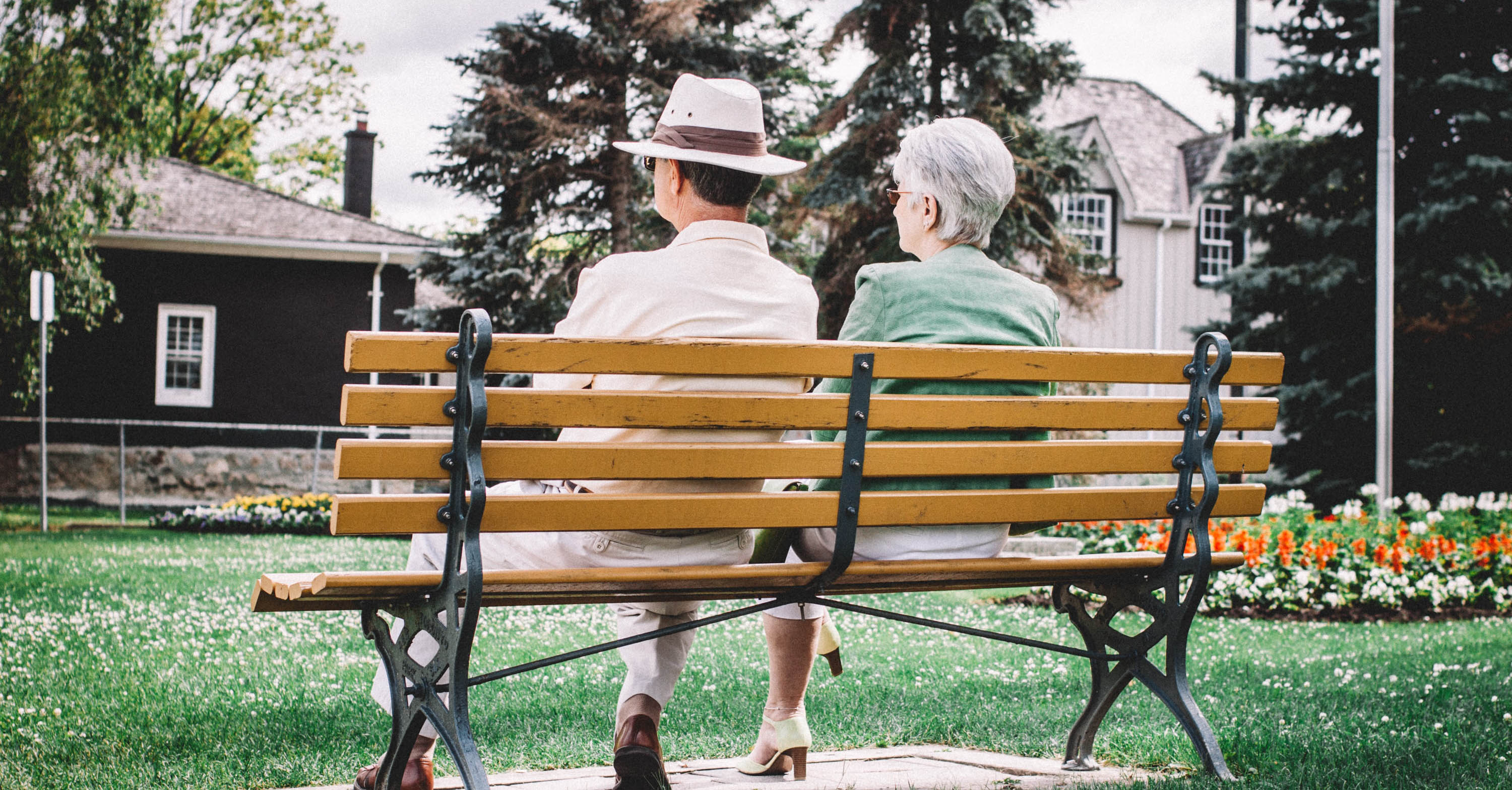
As a Season of Joy Arrives, Pandemic Stress Weighs Heaviest on Least-Healthy Older Adults
New research from Lindsay Kobayashi
Poll finds many people over 50 have found joy and stayed resilient amid a prolonged public health crisis, but shows stress too.






